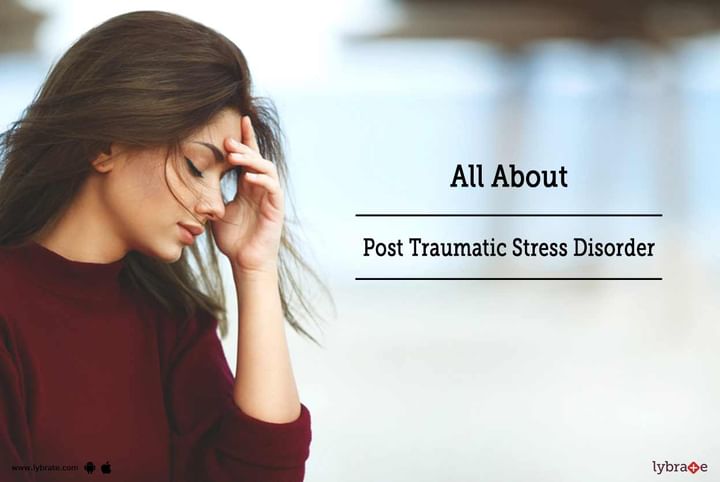Get the App
For Doctors
Login/Sign-up
Last Updated: Jun 06, 2020
BookMark
Report
All About Post Traumatic Stress Disorder!
Dr. Meena GnanasekharanPsychiatrist • 32 Years Exp.MBBS, MD - Psychiatry, Fellowship in Child and Adolescent Psychiatry
PTSD is a neurological disorder which affects individuals after experiencing severe traumatic situations. The individuals find it difficult to cope with such situations and often have flashbacks of those moments of trauma. Stress, as a result of the trauma wrecks the normal nervous functioning of the individuals. PTSD can have the following symptoms:
Re experiencing:
- Flashbacks of the traumatic event
- Nightmares, which are repetitive and severely distressing
- Images from the traumatic event intruding during the day
- Reminders of the event provoking distress
Avoidance or rumination:
- Those suffering from PTSD avoid being reminded of the trauma, such as people, situations or circumstances associated with the event. They try to suppress memories associated with the event.
- Many others ruminate excessively and prevent themselves from coming to terms with it.
Hyper arousal or emotional numbing:
- Hyper vigilance for threat
- Exaggerated sterile response
- Irritability
- Difficulty concentrating
- Sleep problems
- Difficulty experiencing emotion
- Emotional detachment from others
- Giving up activities which mattered before the trauma
- Amnesia for salient aspects of the trauma
How to manage PTSD?
The following tips will help to come to terms with your traumatic episode and ease stress:
- If symptoms are mild, then observing the patient is preferred
- If symptoms are chronic, then trauma focused cognitive behavioral therapy (TF-CBT) proves to be beneficial
- Alternative treatments include eye movement desensitization and reprocessing (EMDR)
- Comorbid symptoms such as depression, general anxiety and alcohol or substance abuse are secondary to PTSD. PTSD should be treated first and then the associated symptoms should be addressed.
- Mindfulness meditation (not a treatment option) helps in recognizing cognitive dissonances and affected thought patterns and aids in recognizing and overcoming their influence.
In case you have a concern or query you can always consult an expert & get answers to your questions!



+1.svg)
